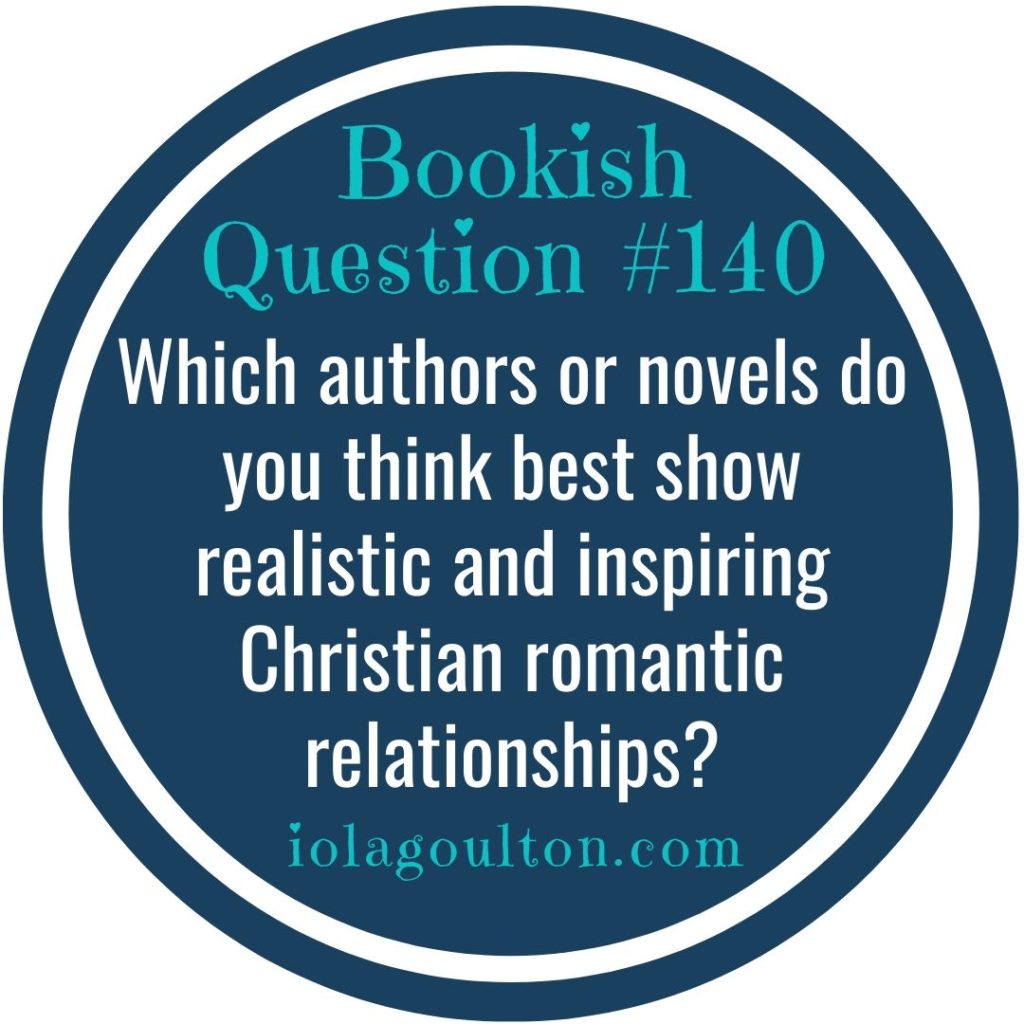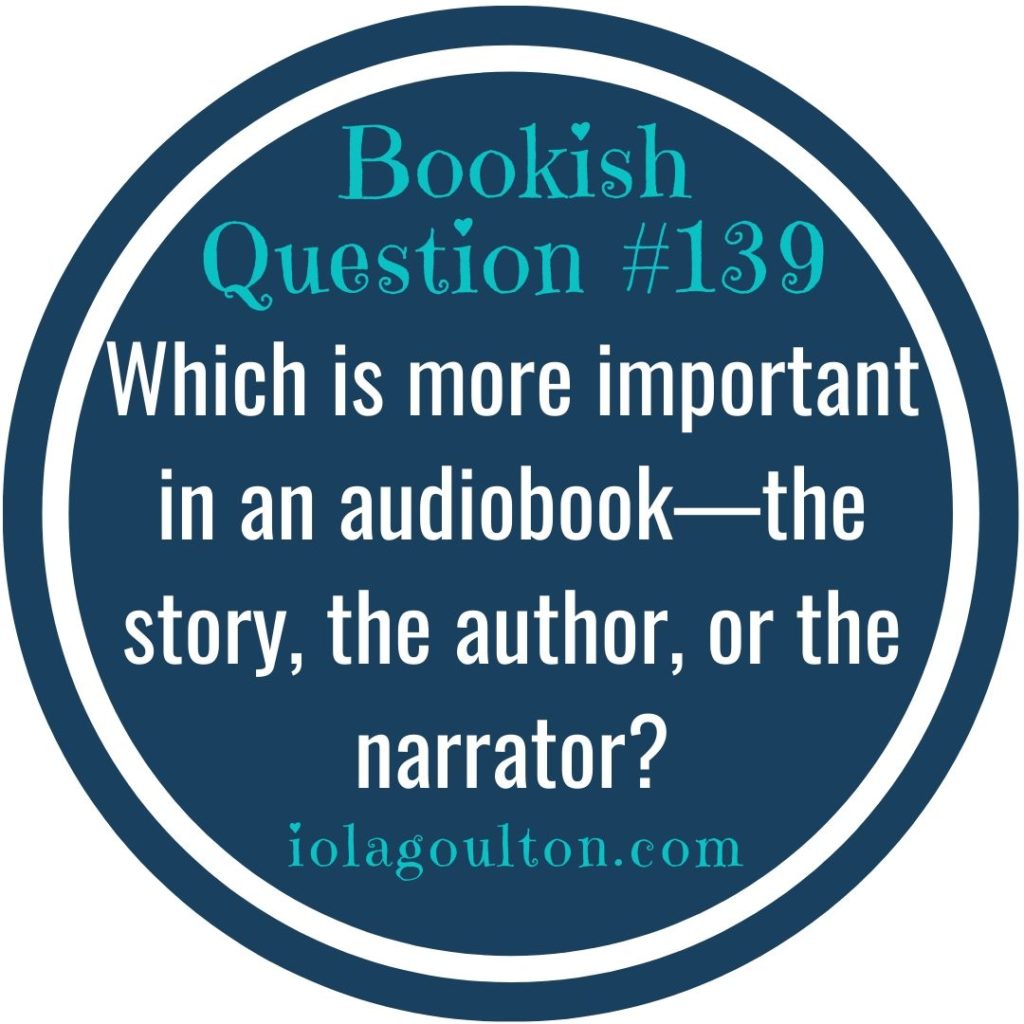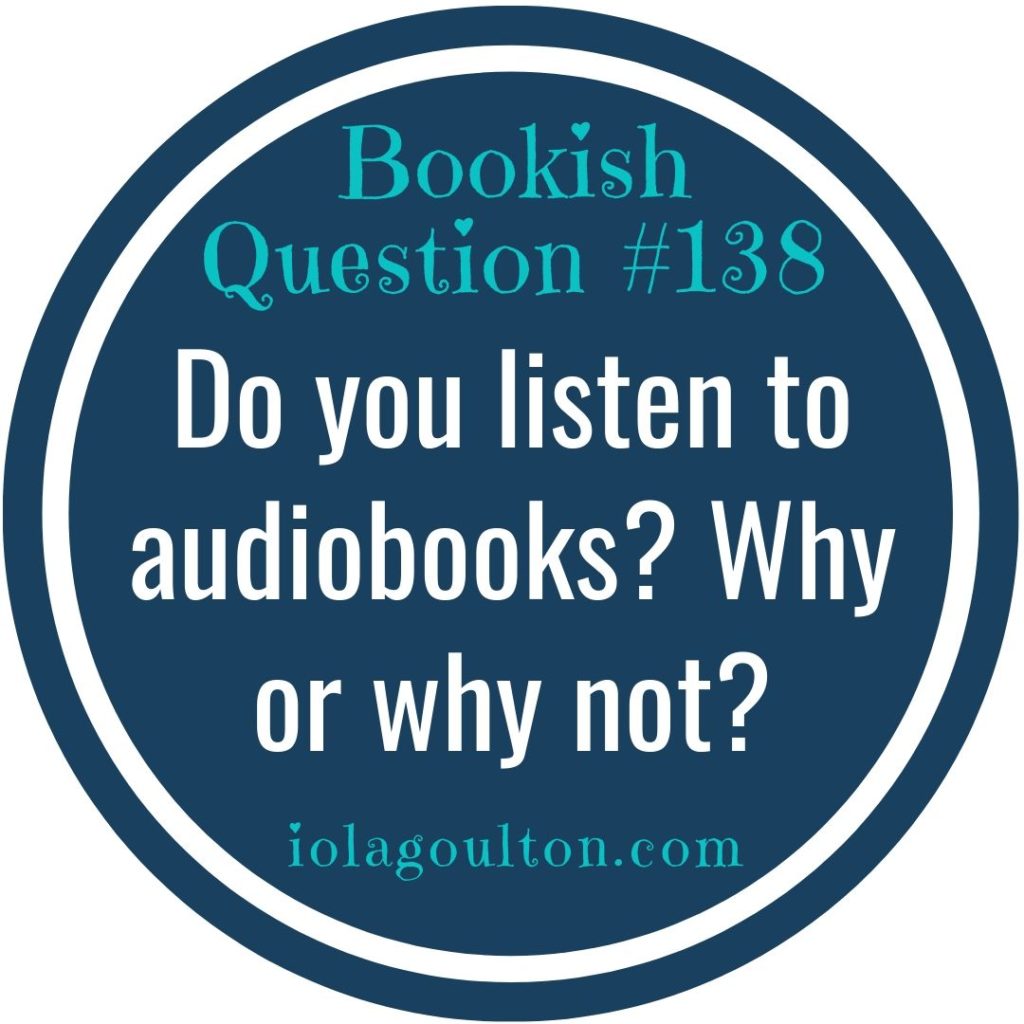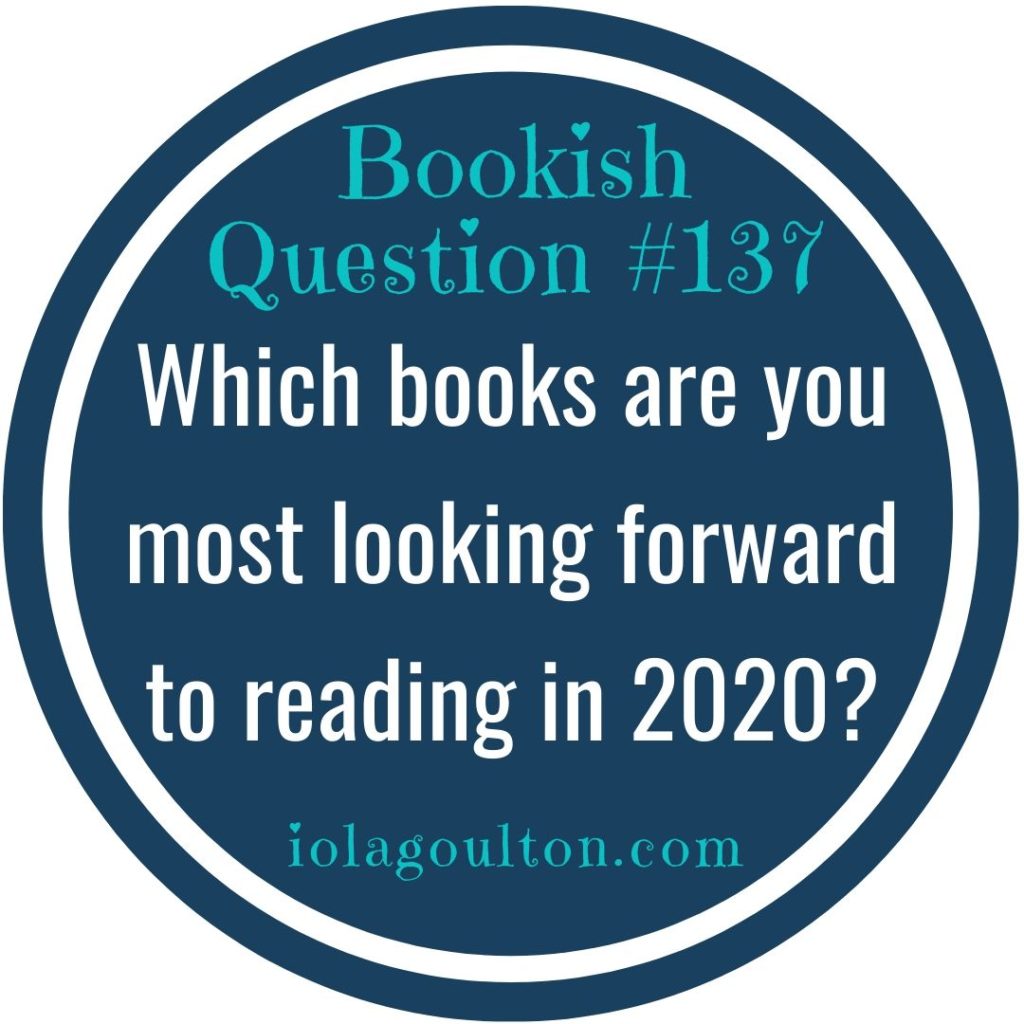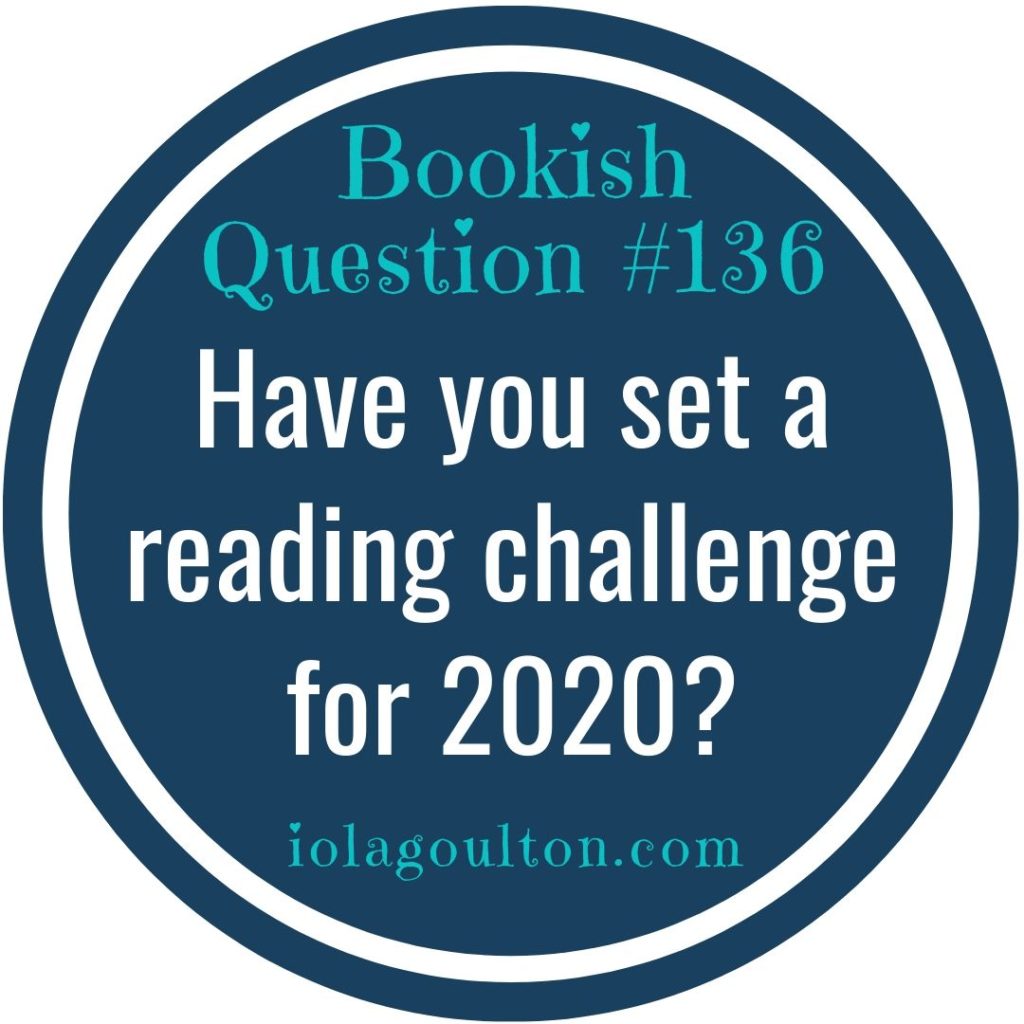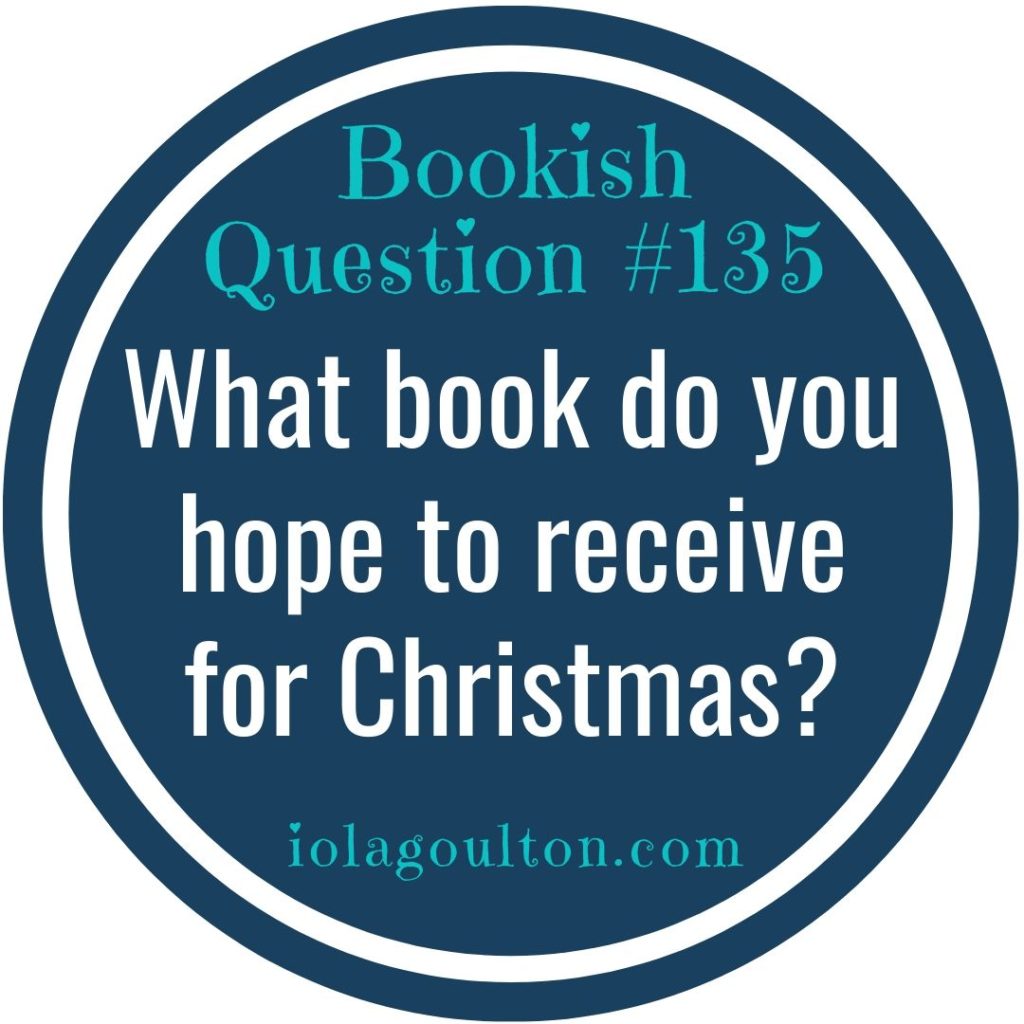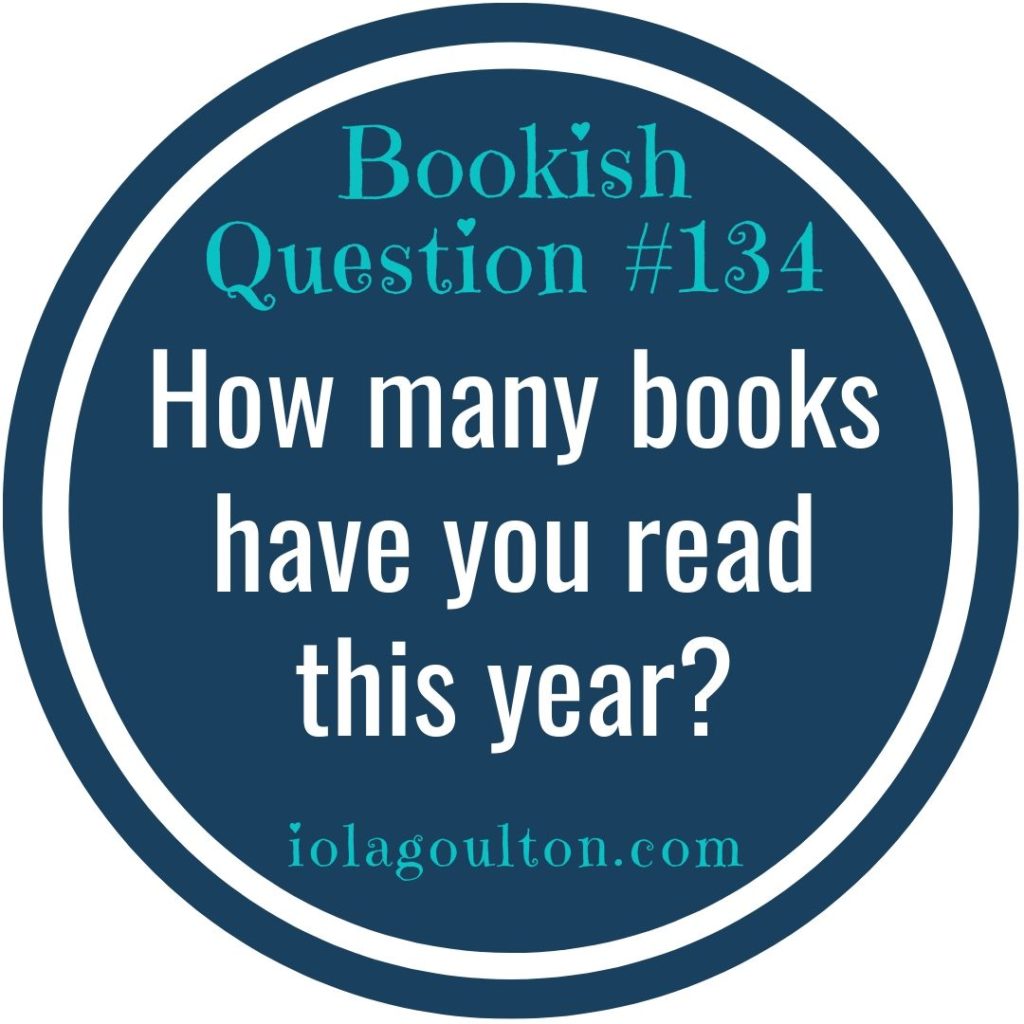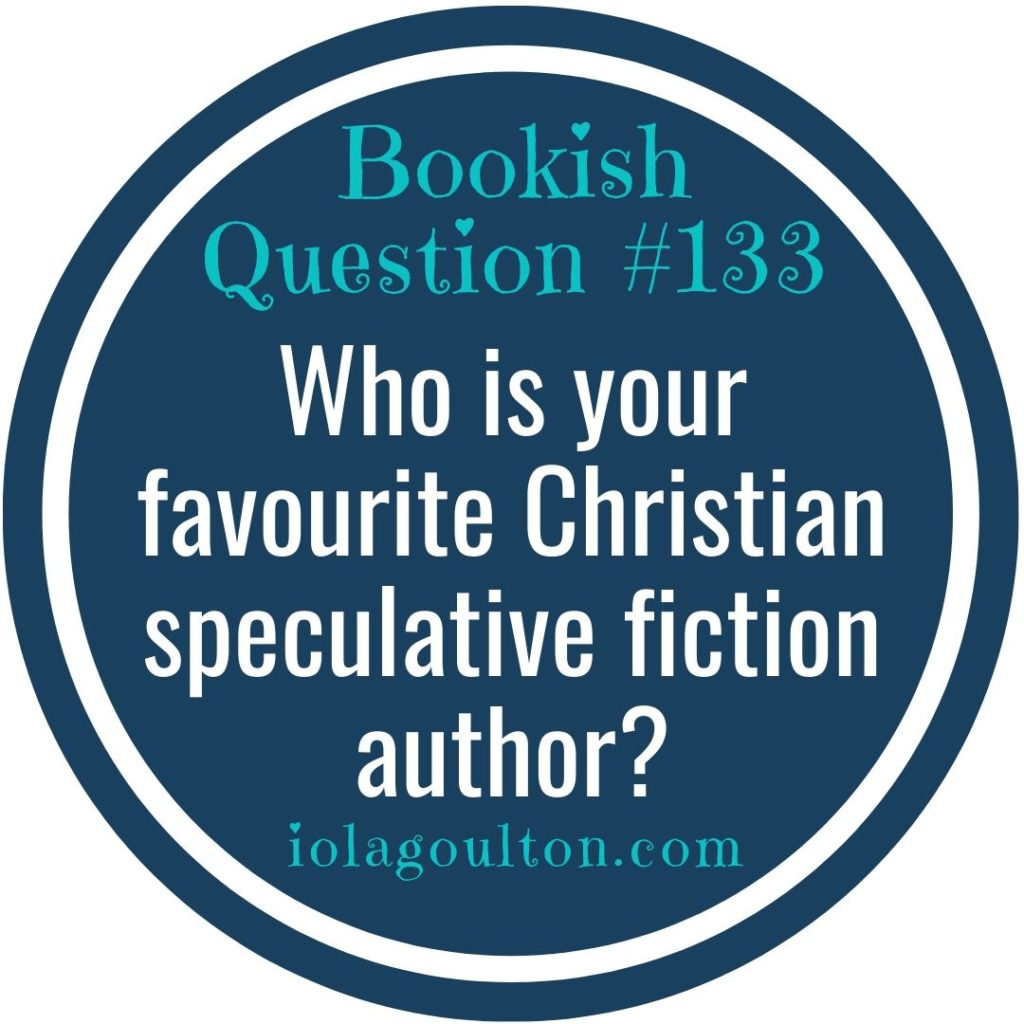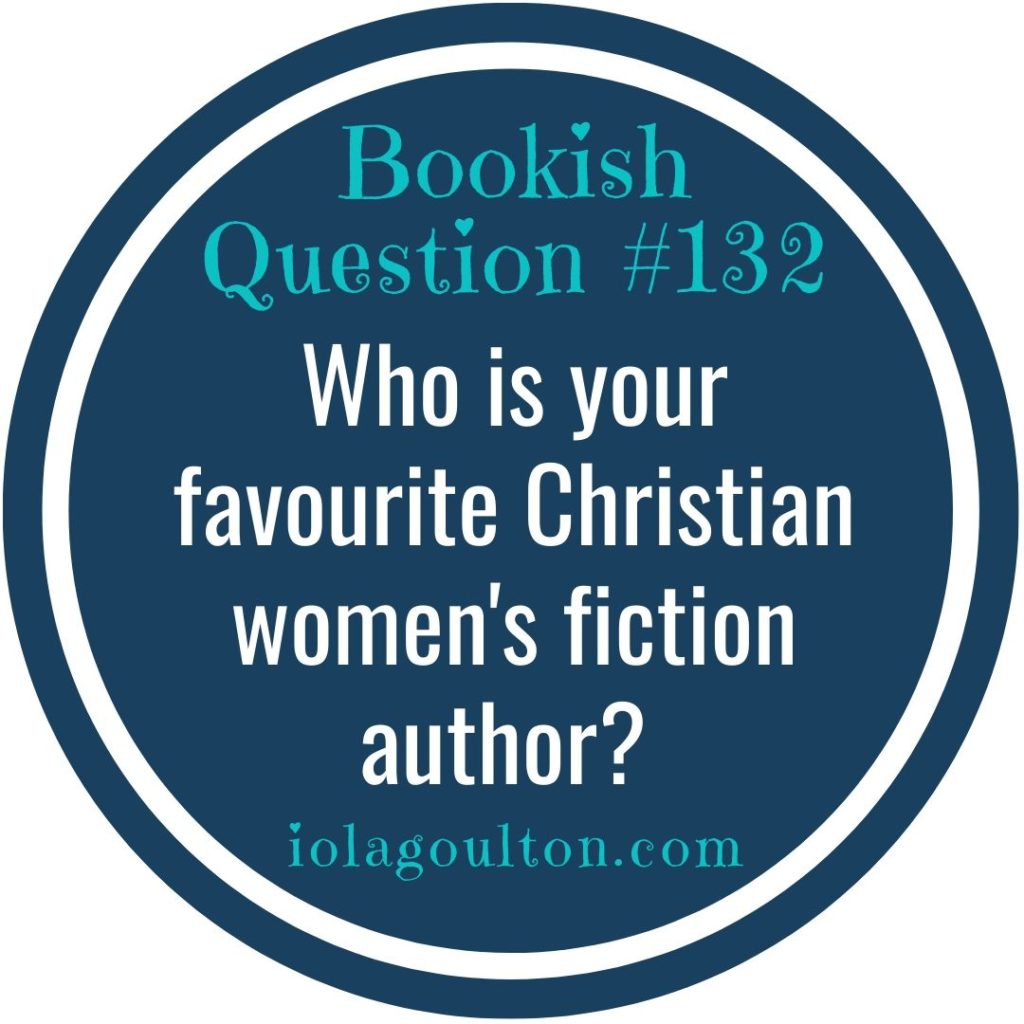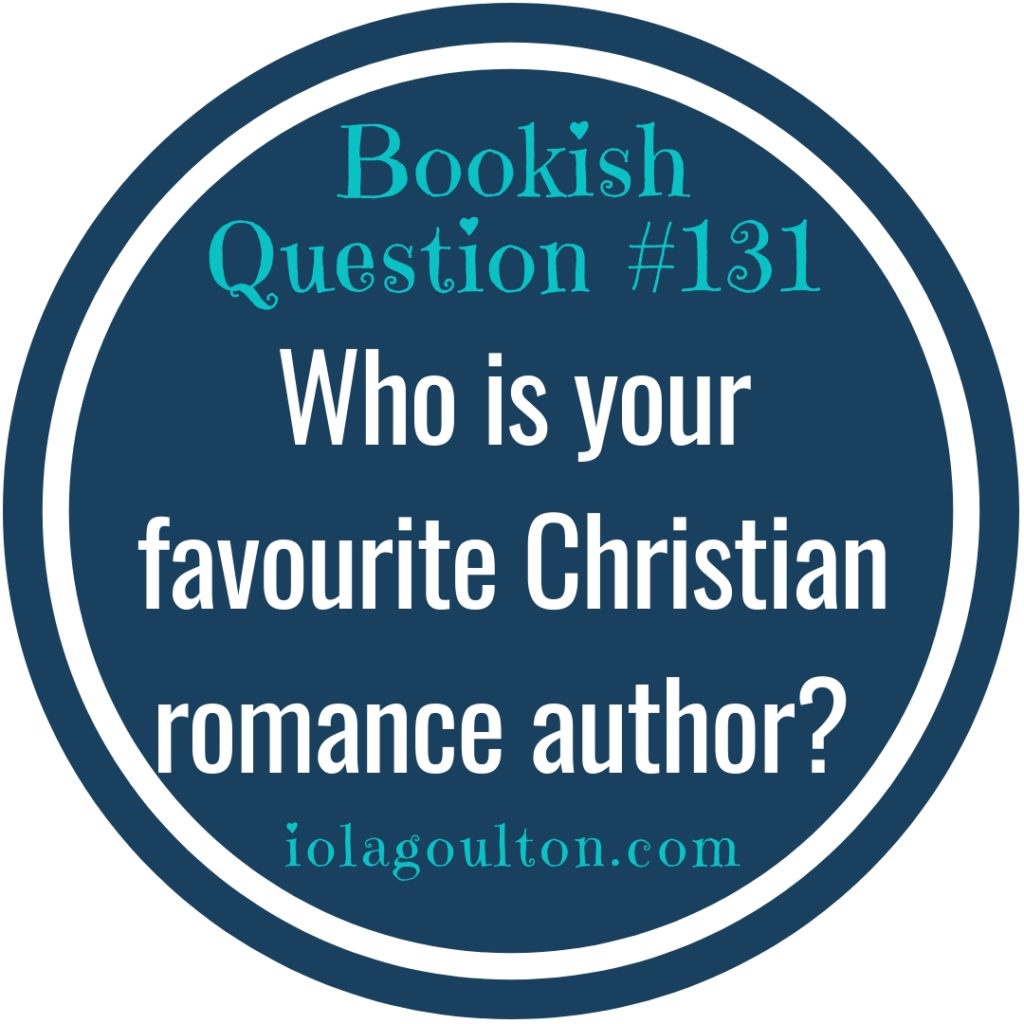Interesting question! I know the old saying is that the course of true love never does run smooth, and that’s certainly the case for most romantic relationships in fiction. After all, conflict is an essential element of fiction, so where would our fiction be if there was no conflict?
But just because conflict is the norm in fiction doesn’t make it the norm in Christian romance relationships … well, I hope it doesn’t. Because while it might be realistic, it’s not inspiring.
So which authors or novels do show realistic and inspiring Christian romance relationships?
Well, first we have to ignore pretty much the entire romantic suspense genre—that’s all blood and murder, which should stay in fiction, thank you very much.
We can safely ignore mysteries (too many dead bodies), thrillers (also too many dead bodies), and speculative fiction (dragons and aliens?).
We can also ignore most historical fiction (even the romance), because good historical fiction is based on historical fact, and the facts weren’t always kind to women or minorities.
Realistic AND inspiring, remember?
That leaves us with some contemporary romance and women’s fiction, because women’s fiction often shows romantic relationships, even if they’re not the main point of the plot. So here are my picks:
- Rose Dee
- Varina Denman
- Denise Hunter
- Toni Shiloh
- Courtney Walsh

